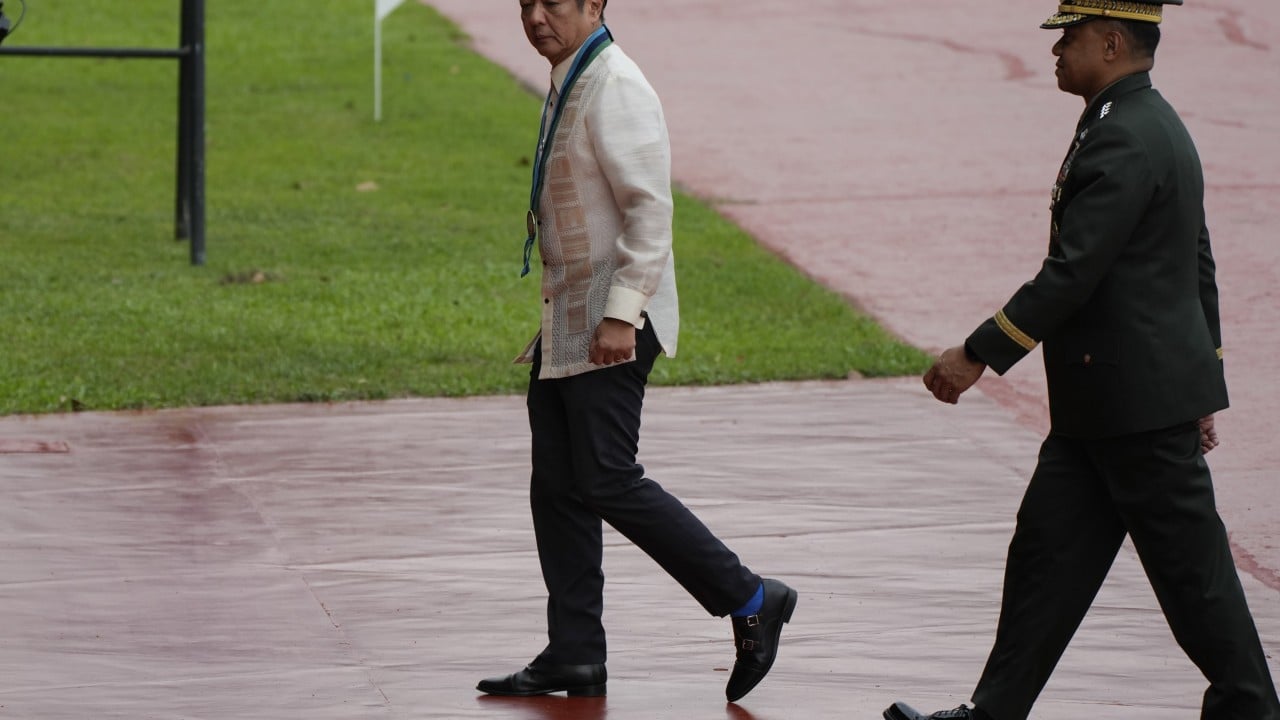“Let’s make a deal with China,” declared Philippine President Ferdinand Marcos Jnr in response to Beijing’s concerns over the deployment of advanced US weapons systems to Philippine military facilities.
Advertisement
“Stop claiming our territory, stop harassing our fishermen and let them have a living, stop ramming our boats, stop water-cannoning our people, stop firing lasers at us, and stop your aggressive and coercive behaviour, and I’ll return the Typhon missiles,” he added, referring to the state-of-the-art missile system capable of targeting military facilities in southern China.
Manila’s more conciliatory approach towards China isn’t taking place in a vacuum. The return of transactionalist Donald Trump as US president and his appointment of isolationist figures to key defence and foreign policy positions have unleashed a wave of hand-wringing among frontline allies like the Philippines.
Key Asian allies such as Japan and Australia have been ramping up their defence spending and cooperation with the Pentagon. Lacking comparable resources, however, the Philippines finds itself in a particularly vulnerable position, reinforcing domestic calls for a more multi-aligned and self-reliant foreign policy posture.
Although Manila enjoys significant strategic empathy among key American officials such as US Secretary of State Marco Rubio, it can’t risk ending up as a potential pawn in a prospective US-China “grand bargain” under Trump.
Advertisement
In its second iteration, the Trump administration has proven far more unorthodox on foreign policy. Trump is pressing ahead with his disruptive agenda. Ideologically, he represents the “Jacksonian” tradition in American foreign policy, which combines frontier-minded aggression with unapologetic pragmatism.

